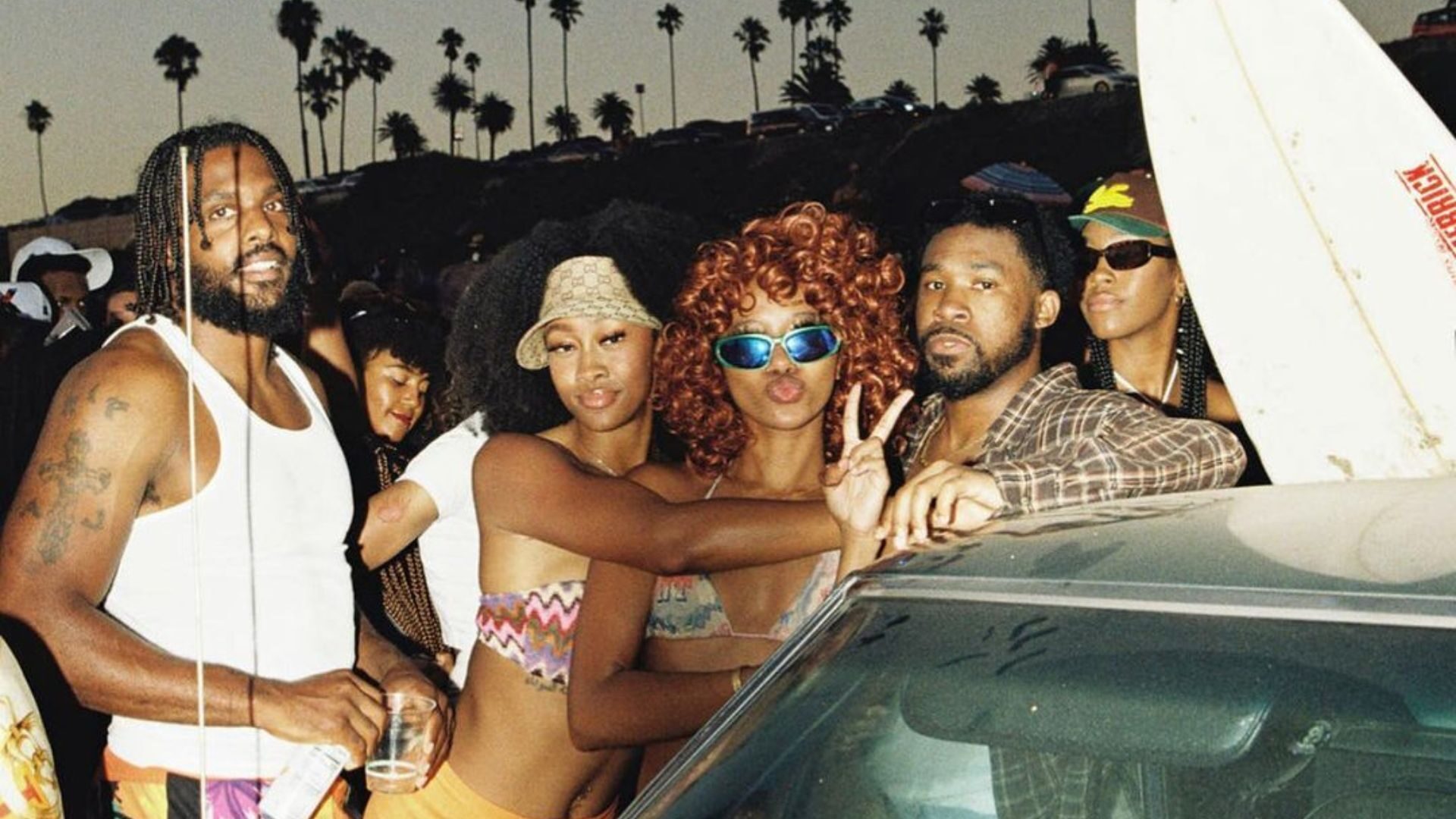
The days of block parties, backyard barbecues, and ritualistic hangouts are not quite gone but are different from what they once were. Gen Z’ers looking to host and build community adapt to today’s unique circumstances that challenge their ability to gather.
The COVID-19 pandemic further damaged societal structures like public health, economic inequities, and socialization. Pair this with increased inflation and gentrification; finding space to convene can be difficult.
Layoffs across industries come as frequently as the latest Tiktok trend. Inflation has risen by almost 300% since 1985, when Gen X would’ve been around the same age as zillennials are now. The more complicated life seems to get, the more creative young people must be to gather successfully.
While the barriers above are disheartening, bleak circumstances have never stopped Black people from finding joy and maintaining communal traditions.
Read ‘LA’s Black Market Flea Sparks Summer Feels With Community & Style’
Los Angeles creatives Brick Howze and Diomara “DJ Rosegawd” Hunt are congregating amidst the city’s changing atmosphere. As LA expands, affordable space becomes less attainable. The city’s cost of living standard considers $70,000 low income and many one-bedroom apartments reach the $2,000 threshold. This leaves fewer options to establish comfortable homes, let alone communities.
Younger generations are entering a market with stacked odds. Howze and Rose’s solutions include curated events and public spaces. Despite these odds, Howze’s team continues by “learning how to do the absolute most with the absolute least. The struggle is real, but it’s beautiful,” he says.
Since the inception of Ebony Beach Club, which saw 150 attendees in April 2022 and grew to over 5,000 by that September, Black people have been able to foster collectivity, connect with the ocean, and exist in an environment they have historically been barred from.
DJ Rosegawd garnered a supportive community in Los Angeles by creating opportunities for Black people to let loose through the power of music.
Getting her start by djing in Black queer spaces in Harlem, Rose has always used the connective pull of music, self-expression, and authenticity to unite people. She prioritizes Black-led spaces that encourage the vulnerability needed to seek out and build community.
Rose does not take her role lightly, “because hip hop is such a vast genre, there are so many spaces created for us but not by us.
Those spaces get famous, then price us out for a new audience that is not always Black. If we didn’t create spaces for ourselves, we wouldn’t own our music, culture, or keep the genre moving forward,” she explains. She reveals how this intentionality has helped her community grow in the face of inflation because younger Black people are being conscious about where they show up and spend money.
While it can feel like the world is changing faster than anyone can keep up with, one thing remains the same: in the face of tiresome systems, Black people across generations will continue to seek out and support each other.